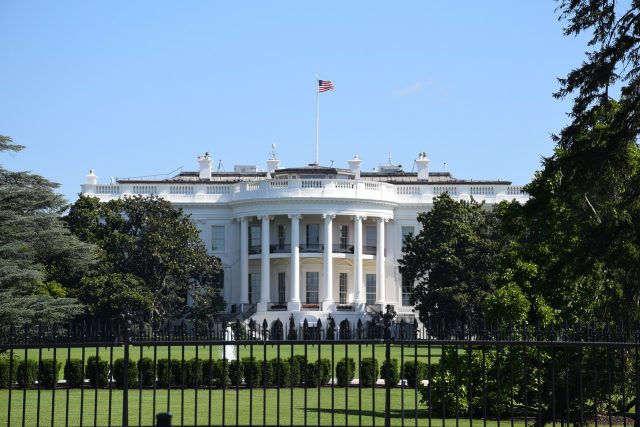Visa has revealed its findings following its central bank digital currency (CBDC) pilot test utilising tokenised deposits alongside HSBC and Hang Seng Bank.
Beginning in May 2023, Visa took part in the e-HKD CBDC pilot programme focused on simulating two use cases of interbank B2B payment flows — property payments and acquirer-merchant settlement, each tailored to the Hong Kong market. It also demonstrated the potential benefits of tokenised deposits for B2B payments in terms of payment speed, settlement risk control, network resilience, and transaction transparency.
The pilot test began in May 2023 when Visa was selected by the Hong Kong Monetary Authority (HKMA) to participate in its e-HKD Pilot Programme (Pilot Programme). As a first-of-its-kind collaboration globally,
Visa and two Hong Kong-based banks jointly examined the atomicity and interoperability of on-us and cross-chain payments across interbank B2B payment flows using tokenised deposits.
In the coming years, tokenisation will present a new industry opportunity with untapped potential. Particularly, tokenised deposits have gained increased attention of the financial industry, with the potential to change the way banking and digital assets intersect. Visa will continue to explore meaningful use cases of tokenised deposits, with anticipated areas of focus on tokenisation of asset markets, programmable finance, expansion of retail offerings, and cross-border payments.

“The HKMA’s Pilot Programme provided a great opportunity for Visa to continue doing what we do best: working with partners to drive payment innovation and experiment with new forms of money movement,” said Paulina Leong, general manager for Visa Hong Kong and Macau.
“It has highlighted the vast applicability of Visa solutions in enabling secure money movement that could bring benefits to a larger number of people, businesses and places. We are immensely thankful for the collaboration with the HKMA, HSBC and Hang Seng Bank, and we are excited to continue our work in bringing forward the future of digital payments in Hong Kong.”
Alternative means for high-value transactions
The pilot illustrated that tokenised deposits could be an alternative means for high-value, time-sensitive transactions. For example, property payments, as it presents a secure method of payment with a potential to reduce settlement risks.
In addition, employing tokenised deposits as a mechanism for facilitating the settlement process between a card acquirer and their merchants could become a transformative B2B payment method. Major advantages include increased transparency and quicker settlement of high-value transactions.

Nischint Sanghavi, head of digital currencies, Asia Pacific, Visa added: “Through the pilot programme, Visa has highlighted various potential benefits for the deployment of CBDCs. These include quicker settlements, a more seamless payment experience for high-value transactions and better transparency. Not to mention the other benefits that come with an ‘always-on’ infrastructure.
“Our involvement in piloting actual use cases delivered pivotal learnings that are not only paramount to the possible implementation of the hypothetical e-HKD but can also help shape the future of the payment ecosystem.”
The outcome of the pilot signals the potential to enhance existing banking processes and introduce greater efficiency and security to B2B transactions.



The Most Read
Сryptocurrencies
Bitcoin and Altcoins Trading Near Make-or-Break Levels
Financial crimes
Thieves targeted crypto execs and threatened their families in wide-ranging scheme
Financial crimes
Visa Warning: Hackers Ramp Up Card Stealing Attacks At Gas Stations
News
Capitalism is having an identity crisis – but it is still the best system
Uncategorized
The 73-year-old Vietnamese refugee is responsible for bringing Sriracha to American consumers
Uncategorized
Electric Truckmaker Rivian, Backed By Amazon, Ford, Raises Whopping $1.3 Billion